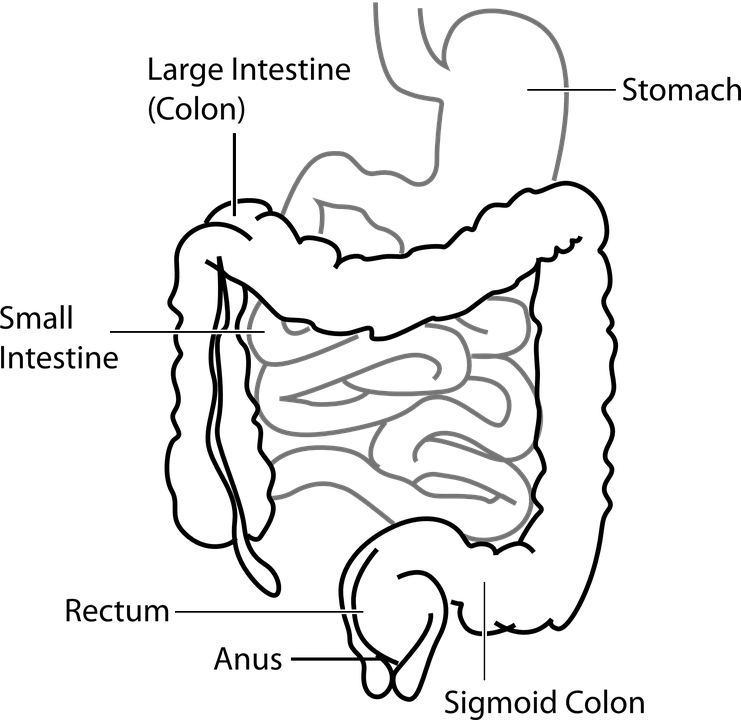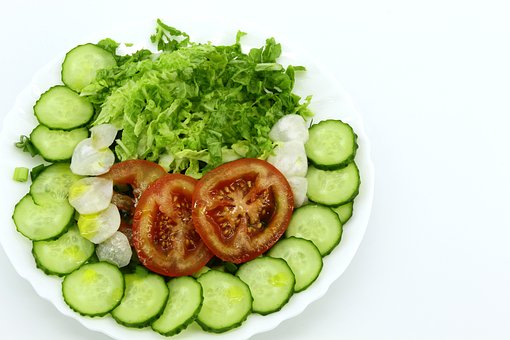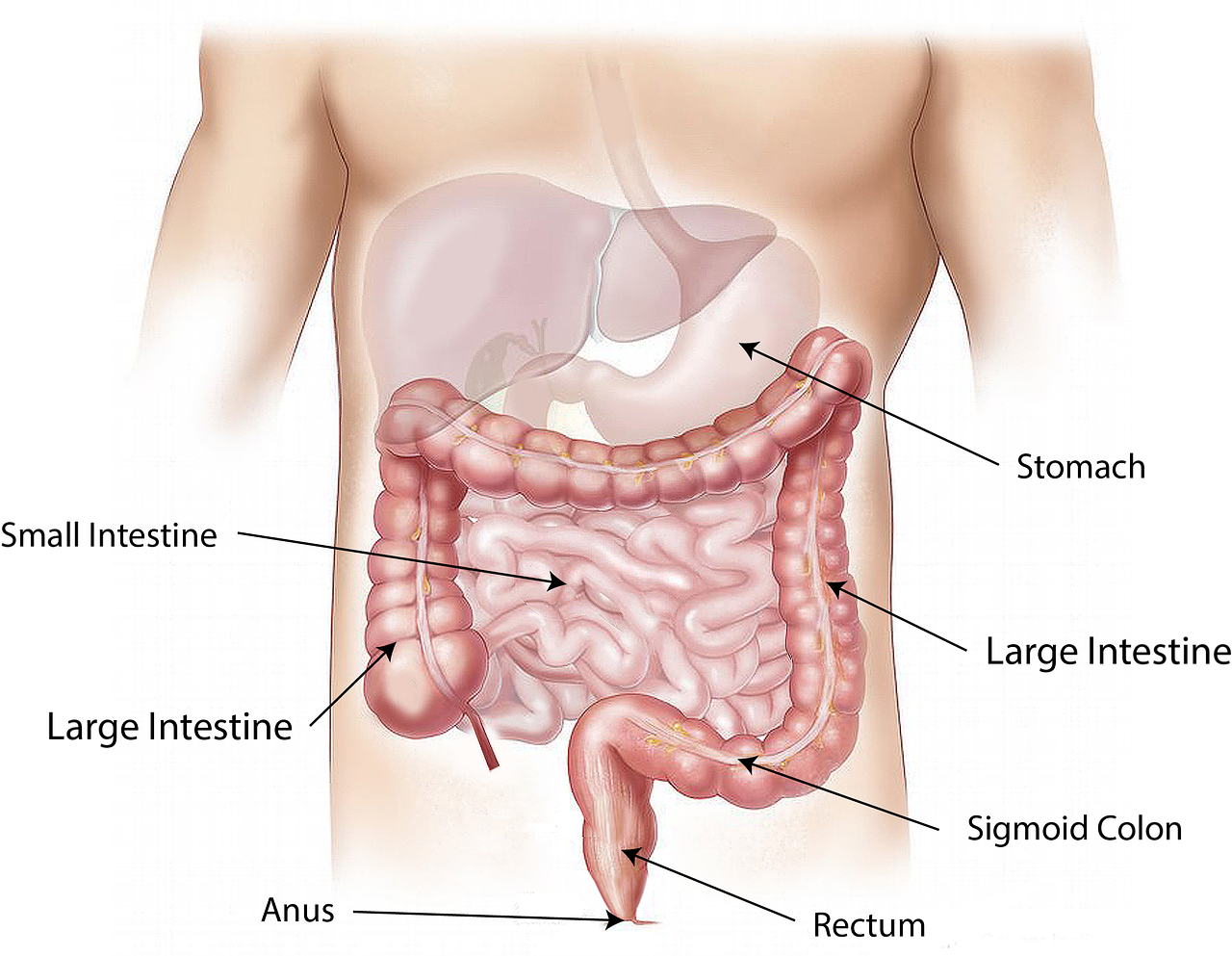(How to improve digestion naturally)
Improving digestion is essential for maintaining overall health and preventing many digestive problems such as constipation, bloating, gas and heartburn. In this article, we will discuss 10 strategies to improve digestion.

(1) Eat slowly and chew your food thoroughly; –https://sparklinglifestyle.in/6-steps-to-fix-that-constipation-and-lose-weight/
One of the simplest strategies to improve digestion is to eat slowly and chew your food thoroughly. When you eat too fast you swallow more Air which can lead to bloating and gas. Chewing your food thoroughly helps to break it down into smaller pieces making it easier for your digestive system to process. Eating slowly gives your brain time to register that you are full which can help to prevent overeating and promote weight management. Chewing your food thoroughly stimulates saliva production which can help to neutralize harmful bacteria in your mouth and prevent tooth decay.
(2) Drink plenty of water; – Drinking enough water is crucial for good digestion. Water helps to soften stools, making them easier to pass and it also helps to prevent constipation. When you are dehydrated, your body can’t produce enough digestive enzymes, which can Slow Down digestion. Aim to drink at least 8 to 10 glasses of water per day and more if you are physically active or live in a hot climate.

(3) Eat a diet rich in fiber; – Fiber is essential for good digestion. It helps to keep your digestive system moving, preventing constipation and it also helps to feed the beneficial bacteria in your gut. These are two types of fiber; soluble and insoluble. Soluble fiber dissolves in water and forms gel-like substances that help to Slow Down digestion, while insoluble fiber adds bulk to your stools, making them easier to pass. Foods that high in fiber include fruits, vegetables, whole grains, nuts and seeds.

(4) Include probiotics in your diet; – Probiotics are beneficial bacteria that live in your gut and help to maintain a healthy balance of bacteria in your digestive system. They can help to improve digestion by breaking down food and producing beneficial compounds that help to reduce inflammation in the gut. Probiotics are found in fermented foods such as yogurt, kefir, sauerkraut, kimchi, idli, dosa, dhokla and can also be taken as supplements.

(5) Reduce your intake of processed food; – Processed foods are often high in sugar, unhealthy fats and preservatives which can disrupt the balance of bacteria in your gut.
Processed and packaged foods lead to inflammation. They also tend to be low in fiber which can Slow Down digestion and contribute to constipation. Instead of processed foods, focus on eating whole foods that are rich in fiber, vitamins and minerals.
(6) Eat smaller, more frequent meals; – Eating large meals can put a strain on your digestive system.
Large meal lead to bloating and discomfort.
You can try to eat smaller, more frequent meals throughout the day. This can help to keep your digestive system moving and prevent constipation.
(7) Manage your stress levels; – Stress can have a significant impact on your digestive system. When you are stressed, your body produces more cortisol, which can Slow Down digestion and lead to constipation. Stress can also disrupt the balance of bacteria in your gut, leading to inflammation and digestive problems. To manage your stress level, try to practice meditation, yoga or deep breathing exercises.

(8) Get regular exercise; – Exercises are essential for good digestion. It helps to stimulate the muscles in your digestive tract, promoting regular bowel movement and preventing constipation. Exercise also helps to reduce stress, which can have a positive impact on the digestive system. Aim to get at least 30 minutes of moderate exercise per day such as brisk walking, cycling or swimming.

(9) Avoid eating late at night; – Eating late at night can disrupt your sleep patterns and lead to digestive problems. When you lie down after eating it can cause Acid reflux which can lead to heartburn and discomfort.
(10) Identify and address food intolerance; – Food in tolerances can lead to digestive problems such as bloating, gas and diarrhoea. Common food intolerances include lactose, gluten and Fructose intolerance. If you suspect you have a food intolerance, try eliminating the offending food from the diet and see if the symptoms improve.
By incorporating these strategies into your daily routine, you can support a healthy digestive system.
You can also improve your overall health and wellbeing.



Leave a Comment